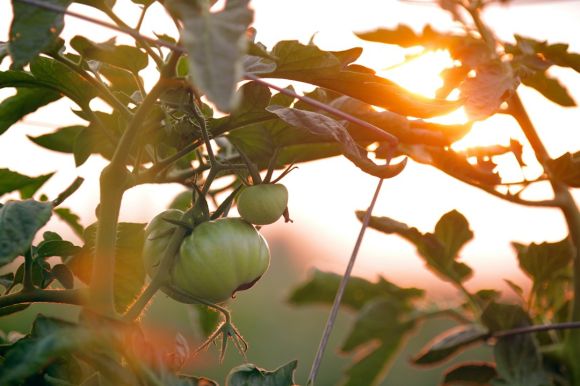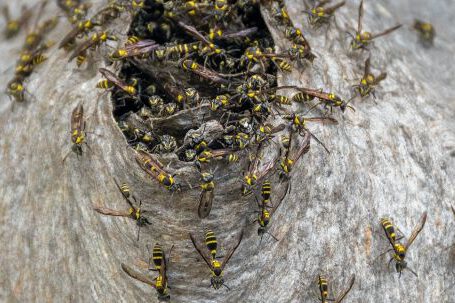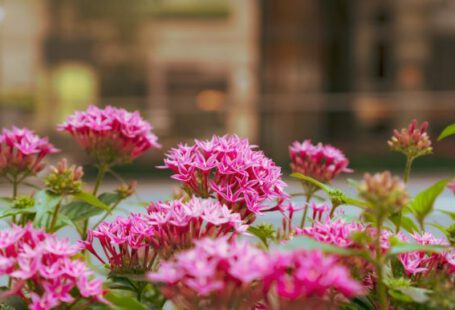If you’re a city dweller with limited outdoor space, but still want to enjoy the satisfaction of growing your own food, starting an edible garden on your balcony is the perfect solution. Not only will it provide you with fresh, organic produce, but it will also beautify your living space and bring a touch of nature to your urban environment. So, what do you need to get started? Let’s take a closer look.
1. Assess your space
Before diving into the world of balcony gardening, it’s important to assess the space you have available. Consider the size and layout of your balcony, as well as the amount of sunlight it receives throughout the day. Most edible plants require at least six hours of direct sunlight, so choose a spot that gets plenty of light. Additionally, check if there are any restrictions or regulations regarding balcony gardens in your building or community.
2. Choose the right containers
Choosing the right containers is crucial for a successful balcony garden. Opt for containers that are deep enough to accommodate the root systems of your plants, and have adequate drainage holes to prevent waterlogging. Consider using a mix of different-sized containers to create visual interest and make the most of your space. You can use traditional pots, hanging baskets, or even repurpose items like old buckets or wooden crates.
3. Select the right soil
Having the right soil is essential for the health and growth of your plants. Look for a high-quality potting mix specifically formulated for container gardening. These mixes are usually lightweight, well-draining, and enriched with nutrients to support plant growth. Avoid using garden soil, as it tends to be too heavy and may not provide adequate drainage.
4. Start with easy-to-grow plants
If you’re new to gardening, it’s best to start with easy-to-grow plants that are well-suited to container gardening. Herbs like basil, mint, and rosemary are excellent choices, as they are compact, aromatic, and can thrive in small spaces. Salad greens like lettuce, spinach, and arugula are also great options, as they grow quickly and can be harvested multiple times throughout the season. Cherry tomatoes and peppers are other popular choices for balcony gardens.
5. Provide proper care
Like any garden, a balcony garden requires regular care to thrive. Water your plants regularly, ensuring that the soil is evenly moist but not waterlogged. Container gardens tend to dry out faster than traditional gardens, so keep an eye on the moisture levels. Fertilize your plants every few weeks with a balanced organic fertilizer to provide them with the necessary nutrients. Prune and trim your plants as needed to promote healthy growth and prevent overcrowding.
6. Deal with common challenges
Balcony gardens can face some unique challenges, such as limited space, pests, and wind exposure. To maximize your space, consider vertical gardening techniques like trellises or hanging planters. To protect your plants from pests, use natural pest control methods like companion planting or homemade sprays. If wind is a concern, create windbreaks using tall plants, screens, or netting.
In conclusion, starting an edible garden on your balcony is a rewarding and fulfilling endeavor, even with limited space. By assessing your space, choosing the right containers and soil, selecting easy-to-grow plants, providing proper care, and dealing with common challenges, you can create a thriving balcony garden that brings the joys of gardening into your urban lifestyle. So, roll up your sleeves, grab your gardening tools, and get ready to enjoy the taste of homegrown produce right from your own balcony.





